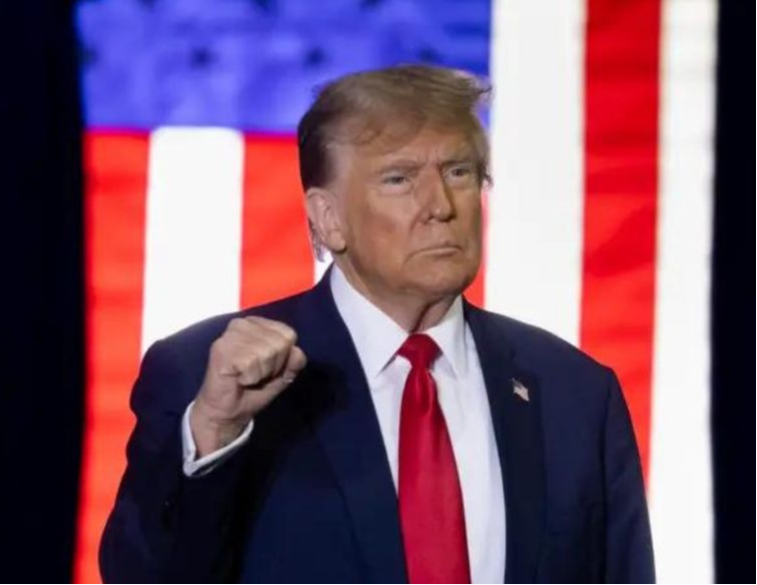The Supreme Court of the United States has rejected state attempts to ban former President Donald Trump from the 2024 presidential election. On Monday, the Supreme Court ruled in Trump’s favor in the case challenging Trump’s eligibility to appear on Colorado’s primary ballots, saying the state erred when it removed him.
In a post on his Truth Social platform shortly after the Supreme Court’s Colorado ballot ruling came down, Trump wrote, “BIG WIN FOR AMERICA!!!”
The state of Colorado had banned Trump from the ballots. A judge in an Illinois court also ruled that Trump cannot appear on the state’s ballot for the upcoming election.
Trump’s eligibility to seek the Republican presidential nomination had been challenged under Section 3 of the 14th Amendment given the insurrection of January 6, 2021 in the U.S. Capitol. The Supreme Court’s consequential ruling annulled the attempts to ban Trump.
The ruling is based on a provision in the Illinois Election Code that prohibits candidates from seeking office if they have engaged in an insurrection or rebellion against the United States.
Trump had been accused of inciting a “mob of his supporters” to storm the Capitol to overturn the results of the presidential election, which was won by his Democratic rival, Joe Biden.
The 14th Amendment of the U.S. Constitution prohibits any person who has engaged in insurrection from holding federal or state office.
The nine Supreme Court judges unanimously rejected the unprecedented decision out of Colorado that would kick Trump off the ballot under the provision after a state trial court found he participated in “insurrection” on that January day.
“For the reasons given, responsibility for enforcing Section 3 against federal officeholders and candidates rests with Congress and not the States,” the Supreme Court opinion read. “The judgment of the Colorado Supreme Court therefore cannot stand. All nine Members of the Court agree with that result.”
The judges’ ruling noted that their verdict was valid for all nationwide federal offices. “This case raises the question whether the States, in addition to Congress, may also enforce Section 3,” the ruling read. “We conclude that States may disqualify persons holding or attempting to hold state office. But States have no power under the Constitution to enforce Section 3 with respect to federal offices, especially the Presidency.”
The judges said the idea that individual states can decide how the section is used with respect to federal offices is “simply implausible” and could result in an unworkable “patchwork” where a candidate could be ineligible in one state but not another.
“Nothing in the Constitution requires that we endure such chaos – arriving at any time or different times, up to and perhaps beyond the Inauguration,” the ruling read.


